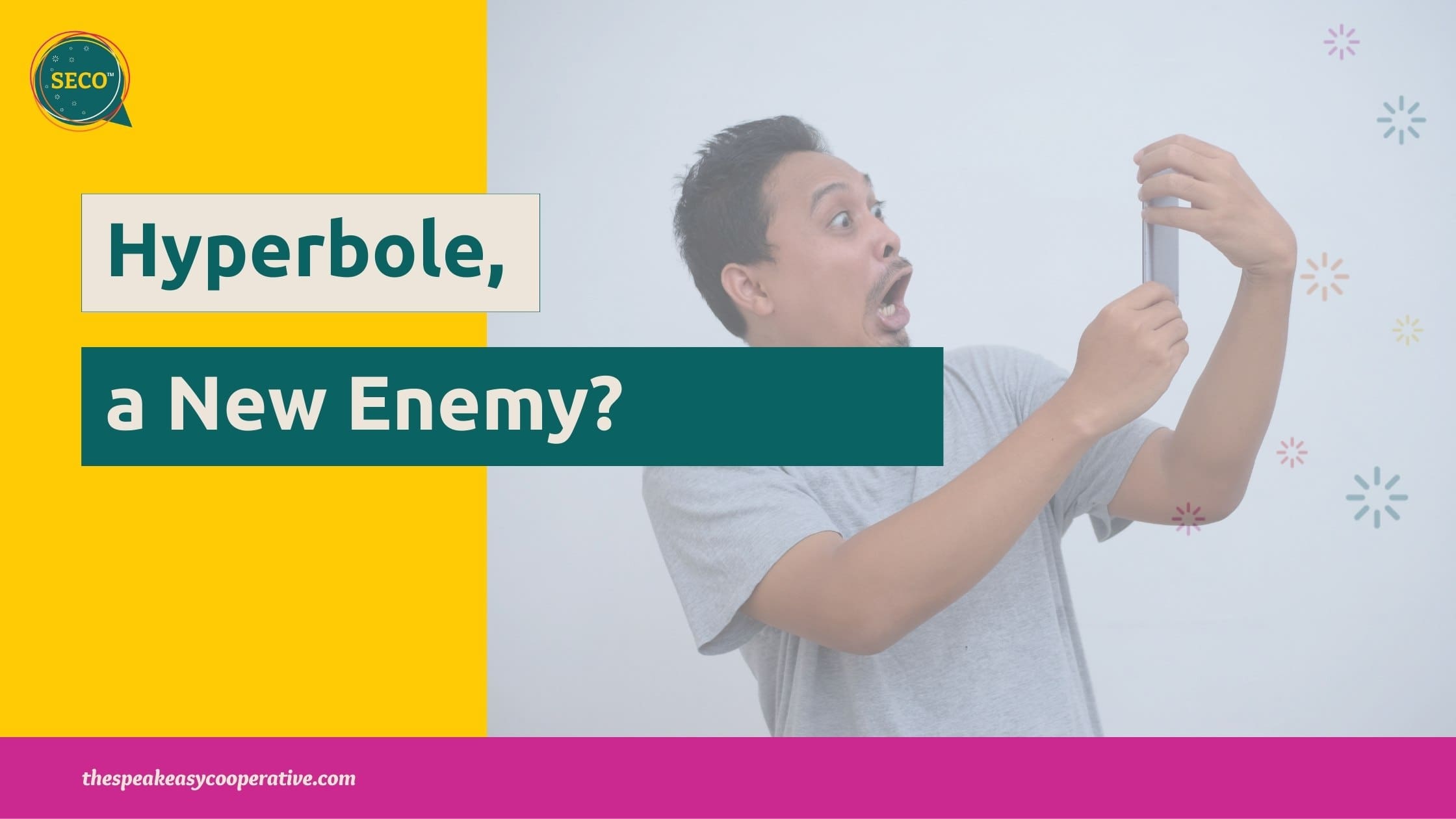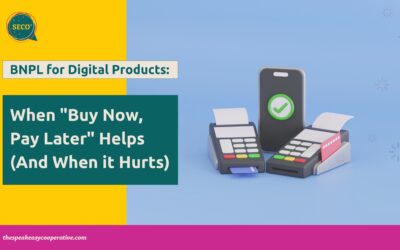I use hyperbole a lot. I think it’s charming and fun, and it really calls my super big feels out and names them, so I can move on with my life. It makes for some fabulous hashtags. #allthefeels, anyone? #amIright?
Yet, lately, I am beginning to see hyperbole like a new enemy.
Some compelling and empowering truths that have come about through the rise of social media is that the fear of feelings and the stopping of feelings is being called out. It is now welcomed and encouraged to feel your feels. We teach our kids to do it, we have coaching programs centered on it, managerial styles are developed around understanding them.
Mindfulness (one of my favorite things!) invites us to be present with them.
All this is healthy and good, to my mind. Feelings for the win!
Still, the shadow side of this is that we’ve become a people where our feelings are ruling us, and the unspoken competition of whose individual feelings are more intense subtly under-minds community.
These big, scary, awful feelings (see what I did there?) become expected. And when we do not feel them… we wonder… am I cold? Insensitive? Am I unable to be in touch with my heart and mind?
Hyperbole has contributed to a need for a heightened emotional response in our lives to anything that is happening to us. From cilantro to sock texture to corporate layoffs.
Is cilantro really “disgusting”… do we really “loathe” it? Is it a slimy mess of green poop-leaves?
Or, is it simply mildly displeasing and we do not prefer it?
Two very different mental states, eh?
And if I come to a big decision about my family, or my business, from a place of loathing cilantro, how am I really going to be even and calm in the face of firing a beloved but under-delivering employee, or rebuilding my budget from the ground up with new profit margins that require me to triple my rates?
It’s sneaky, this hyperbole. We use it to elicit a laugh or give those around us permission to vent. In this way, it’s good.
But when hyperbole becomes our baseline? I am not so sure.
When things are financially looking grim, we tend to go into “I AM GOING TO WIND UP UNDER A BRIDGE!” instead of “I am scared I’ll have to go back into debt (or deeper debt) on my credit card”.
When someone has hurt us, they are dead to us, instead of someone we simply avoid.
When clients require nothing more than velvet rope boundaries, we construct barbed-wire-topped walls.
Then, when it’s time for the decisions and feelings that are rightfully intense, we are too exhausted, too spent, to accurately grasp the gravity of our feelings.
If everything is important, nothing is. If nothing is important, everything is.
One of the ways I see us growing as business owners is in our ability to zoom out and see things for what they are and give ourselves permission to not feel so intensely. Not over-react, or over-fear, or over-emote.
This is a skill.
Not so long ago, it was not okay at all to feel all the feels. Now, it is expected to feel all the feels.
It is a goal of mine in quarter four to find the delicate and truthful center of the pendulum swing so that my mind and heart are guarded against the enemy of hyperbole.
I will seek to employ hyperbole, rather than be ruled by it. How about you?
XoXo,







Thanks for writing this. Permission to stay calm in the land of outrage is very appealing.
We can work toward this together, friend!
Reading this provoked a new thought on something on which I’ve been ruminating. I observe hyperbole as being used to create energy—both positive and negative energy. I observe that we are overstimulated to a point where authentic energy is overwhelmed when competitions with digesting the overstimulating culture in which we live. Sometimes contentment is undervalued in our culture through a negative lens as passive, lacking ambition, or lazy. Is the noise of scrambling to keep up drowning out the voice of our authentic inspiration, which guides us to fulfill the reason we are as we are. That inspiration is the most powerful source of energy that exists.
“ Sometimes contentment is undervalued in our culture through a negative lens as passive, lacking ambition, or lazy.” preach that right there. This is so true.
I agree with Brian, Alisa and you. Hyperbole has tipped to the point where if you don’t use it, there are whole demographics of people that are hard to connect with because one is perceived as unexciting. And I have found, that by discerning when to use hyperbole and went not to, I am more grounded and stable and my energy flows better.
I’ve become the hyperbole police in my house. I reflexively ask, “Is it really the best/worst?” when my family is sharing their opinions and experiences. I know they don’t like it, but if everything is “the best” where do we go from there? Or, if a mild setback or displeasing decorating scheme is “the worst,” what happens when we’re talking about something that is truly a disaster?
Besides making us react to things inappropriately, as you’ve described, it also makes us lazy speakers and lazy thinkers.
And, how often do we hear “Perfect!” as a response to a matter of fact suggestion, as in “Let’s meet at noon?” “Perfect!”
Totally guilty! I’m trying to now say…”That works well!”